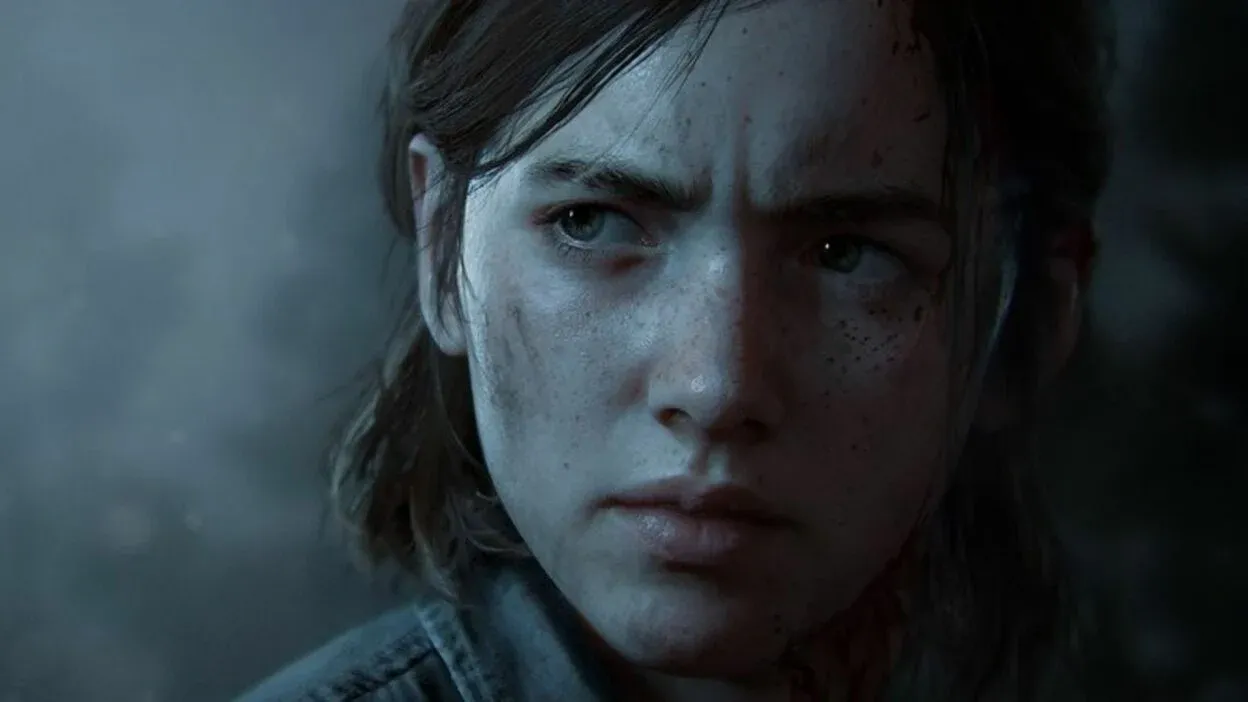No Score
It's time for a new story.

Imagine being there, at the birth of the novel.
What if it was now?
...
I've spent thousands of hours playing video games, and I've lived a double life.
Those of us who know, know: there's more to great games than gameplay. But while games have their place in culture, they've rarely been taken seriously as a storytelling medium.
It makes sense. In Masters of Doom, John Carmack compared video game plot to being 'like plot in a porno - people expect it to be there, but it's not important'. And for decades, that was true. But modern blockbusters are like Hollywood productions, with directors, screenwriters, even A-list talent.
Over 10 million subscribers follow streamers like TheRadBrad to watch video game stories unfold. Games like Death Stranding have inspired critical analysis of narrative and theme that rivals auteur cinema. When The Last Of Us Part 2 came out, its divisiveness was because of its story; some people hated the plot, questioned the characterisation, or its haunting ending. There are hours of analysis on Youtube, thousands of words of critique.
Weird indy games go further. In Firewatch you deal with fire-starters and dementia, the story unfolds through exploration, and radio dialogue between you and an off-screen romantic interest. It's first person, but not a shooter. No gun - just a radio.
...
Games are nearing escape velocity into art.
Perhaps we're waiting for a master work; after all, we've had computers for generations, and smartphones for decades. But no iconic interactive novel.
People have tried but there remains an inherent tension between the open choice of a game and a linear story. The Last of Us is beautifully told, but gives no input into how events play out. Gone Home gives you free exploration, but compromises its narrative punch: experience the story in the wrong order, or miss a room, and you've lost something.
We're still dialling in this new medium, accelerating past the simple tropes of cinema. As we experiment with new stories - non-linear, active rather than passive - the medium has to find its own way. Wrangle its own uncertainties with meaning, and fresh concepts like ludonarrative dissonance.
It reminds me of how graphic novels have evolved. Inevitably seen as a childish comics, in reality they split the medium of a book and a film - introspection and storyboarding - allowing for elements of both that, in artful hands, create unique experiences.
Games are still a fresh space, for stories set free from the familiar.
After all, to the brain, vividly enacting something can feel the same as doing it.
So imagine them as a new art, somewhere between a novel and a dream.
Great stories. No score.
.
.
.
Image: The Last Of Us Part II
